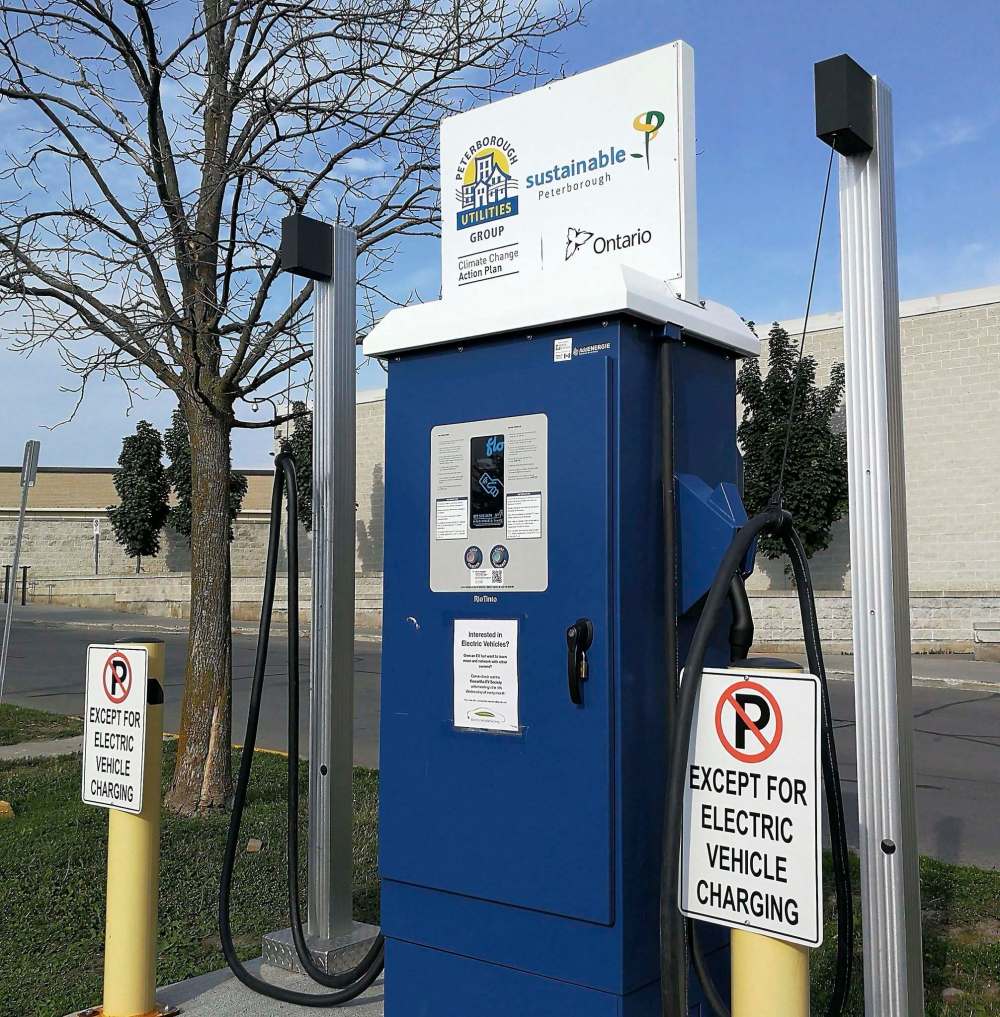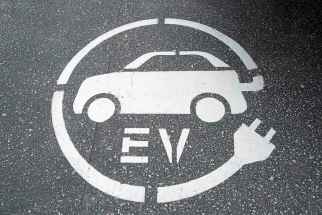Time for Manitoba to get plugged in
Read this article for free:
or
Already have an account? Log in here »
To continue reading, please subscribe:
Monthly Digital Subscription
$0 for the first 4 weeks*
- Enjoy unlimited reading on winnipegfreepress.com
- Read the E-Edition, our digital replica newspaper
- Access News Break, our award-winning app
- Play interactive puzzles
*No charge for 4 weeks then price increases to the regular rate of $19.00 plus GST every four weeks. Offer available to new and qualified returning subscribers only. Cancel any time.
Monthly Digital Subscription
$4.75/week*
- Enjoy unlimited reading on winnipegfreepress.com
- Read the E-Edition, our digital replica newspaper
- Access News Break, our award-winning app
- Play interactive puzzles
*Billed as $19 plus GST every four weeks. Cancel any time.
To continue reading, please subscribe:
Add Free Press access to your Brandon Sun subscription for only an additional
$1 for the first 4 weeks*
*Your next subscription payment will increase by $1.00 and you will be charged $16.99 plus GST for four weeks. After four weeks, your payment will increase to $23.99 plus GST every four weeks.
Read unlimited articles for free today:
or
Already have an account? Log in here »
Hey there, time traveller!
This article was published 25/09/2018 (2637 days ago), so information in it may no longer be current.
For everyone who feels uneasy when they think of the toxic exhaust spewed into the atmosphere by their gasoline-powered vehicles, a recent study offers a conclusion that is as invigorating as a breath of fresh air. The good news: it finally makes economic sense to drive an electric vehicle.
The study compared the long-term costs of gas and electric versions of the Kia Soul and the Volkswagen Golf with comparable equipment and features. The electric versions still cost more to buy initially, but when fuel and maintenance are considered over 10 years, it’s worth it to go electric.
Using Manitoba statistics, the gas versions of the vehicles had annual fuel costs of $2,207 and maintenance costs of $831; the electric versions had annual electricity costs of $342 and maintenance costs of $438. Statistics were calculated by the analytics company Vincentric for the report by the 2 Degrees Institute, a pro-environment think tank.

The conclusion means Manitoba is at, or near, the tipping point at which consumers can no longer use the familiar refrain: “I’d like to do my part to save the planet, but electric vehicles are too expensive.”
Lamentably, Manitoba lags behind other jurisdictions when it comes to adopting electric vehicles. Manitoba Public Insurance reports that, as of September, the province has 1,291,675 registered vehicles, with only 5,717 hybrid and 188 electric-only vehicles.
Some European countries are far ahead. For example, Norway’s incentives to electric-vehicle owners include dropping taxes on initial sales, decreasing their road tolls and ferry fees, and giving them free parking and access to bus lanes. The result is that almost one-third of new cars sold in Norway are fully electric or hybrid.
Canadian provinces such as Quebec, Ontario and British Columbia also have a greater percentage of electric cars than Manitoba, thanks to rebates by their provincial governments.
While it’s encouraging to see the financial cost of some electric vehicles is now comparable to that of gas models, Manitobans have also been deterred by a second significant factor: a lack of high-speed recharging stations.
Driving within Winnipeg, and within an hour or so radius of the city, is not a problem for electric vehicles that can return to their home base and be plugged in nightly. But highway travel can require recharging after just 300 kilometres for some vehicles. Charges at some public stations can mean waiting 20 to 40 minutes, and the availability of recharging stations in most rural areas remains limited.
Manitoba, with its vested interest in generating and selling hydro-electric power, should embrace the enthusiastic adoption of electric vehicles.
The installation of more public charging stations was a challenge recently given to the Manitoba government by the Manitoba Electric Vehicle Association. It suggested the government use the upcoming carbon tax to enter public-private partnerships and build 19 more charging stations throughout the province.
It’s a sensible idea that would be considered by a provincial government intent on using the carbon-tax revenue to reduce Manitoba’s carbon footprint. Unfortunately for the environment, and for electric-vehicle enthusiasts, the Manitoba government seems determined to use much of the revenue to cut taxes and reduce the deficit.
Of all provinces, Manitoba, with its vested interest in generating and selling hydro-electric power, should embrace the enthusiastic adoption of electric vehicles. Visitors and potential customers should see street-level evidence that Manitoba believes in harnessing the clean power of electricity, because that’s how we roll.
The government of Brian Pallister can help by directing carbon-tax revenue in ways that show that, in Manitoba, we think outside the barrel.








